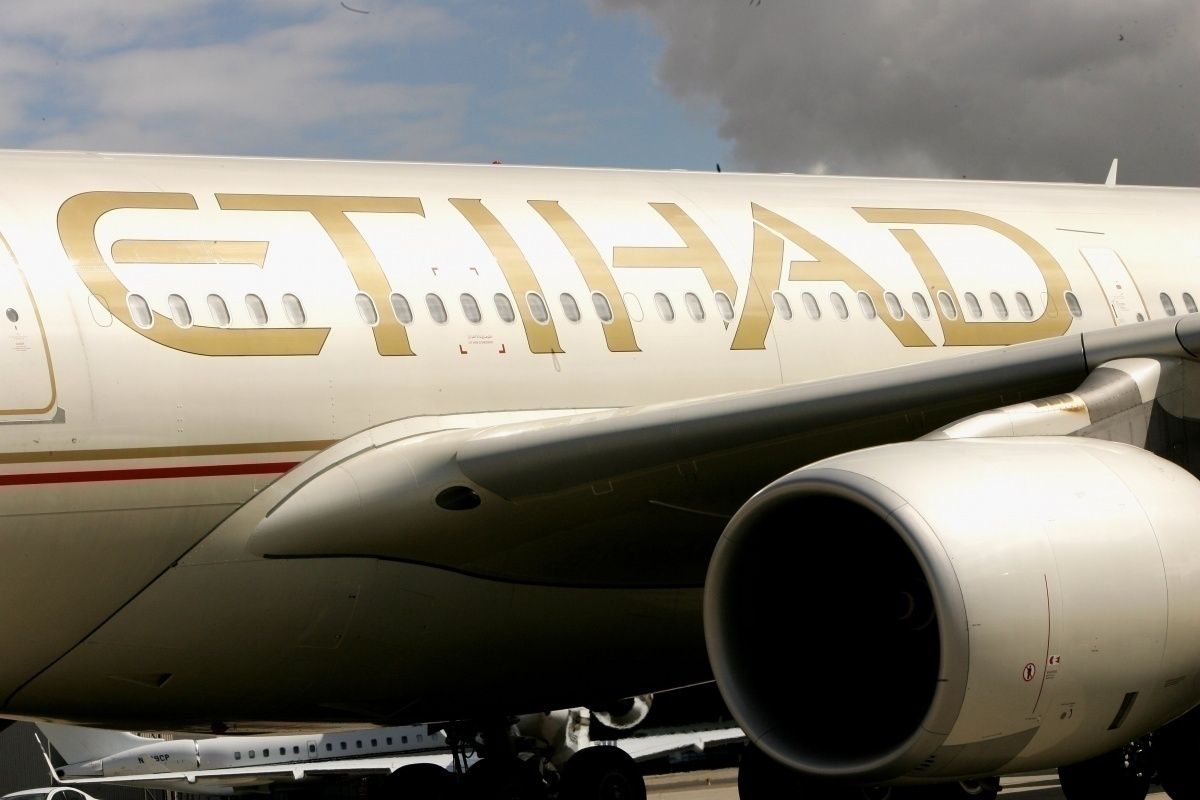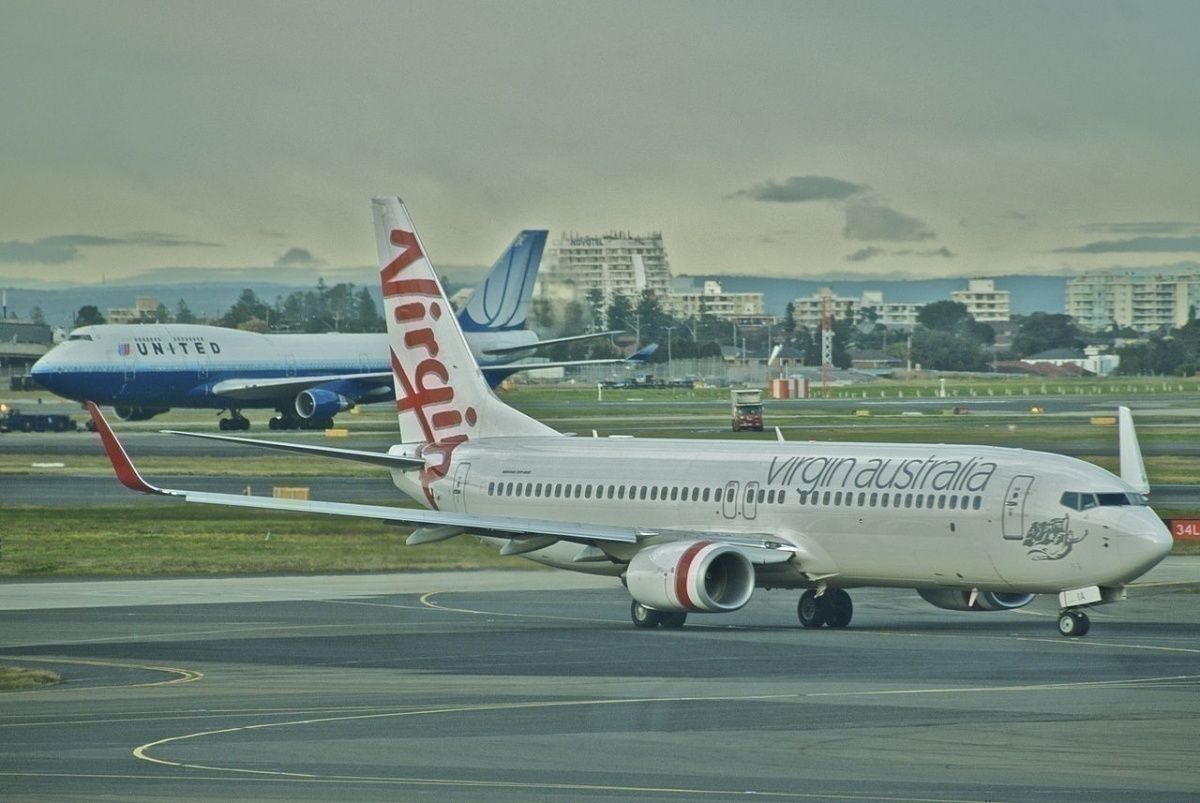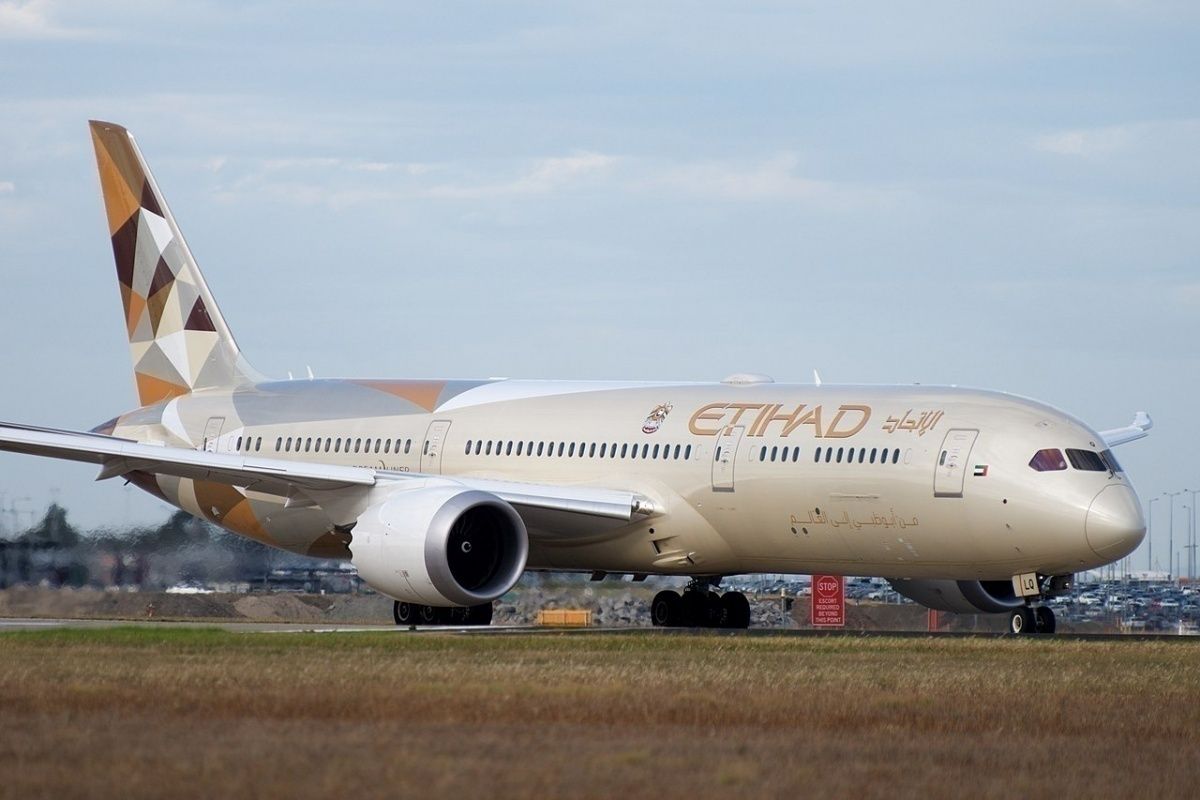Despite declining to tip money into Virgin Australia before it collapsed, part-owner Etihad continues to be interested in the airline. As consortiums and joint ventures run their rulers over Virgin Australia's books, today there is a report Etihad has teamed up with American global asset management firm Oaktree Capital Management to launch a bid for Virgin Australia.
Today's Dataroom column in The Australian details the current contenders in the race to buy Virgin Australia. Of particular note is Etihad's interest.
Etihad's decade long association with Virgin Australia
Before its collapse in April, Etihad owned 20.94% of Virgin Australia. Etihad purchased a 10% stake in the airline eight years ago, later doubling that stake. But Etihad's strategy of investing in airlines was akin to a corporate kiss of death. None of Etihad's investments in Air Berlin, Jet Airways, Alitalia have ended well. Virgin Australia has now joined that notorious list.
Since first buying in, Etihad has had opportunities to exit its investment in Virgin Australia. The carrier has never made money from its Australian investment. But in 2015, Etihad doubled down, expanding its stake in Virgin Australia and becoming the largest shareholder.
The following year, Virgin Australia had a USD$544 million capital raising. Existing owners, including Etihad, bought almost all the new shares.
But more recently, as Virgin Australia's financial woes increased, the cash flow situation was also deteriorating in Abu Dhabi. In April, Etihad's previously rich coffers were locked tight. Before Virgin Australia entered voluntary administration, it approached all its owners for additional funding. They all declined.
The upshot is Etihad has done its dough in Virgin Australia. Its ownership stake is worthless and that 2016 capital injection hasn't generated any returns.
Despite losses, Etihad maintains an interest in the Australian market
But according to today's report in The Australian, that isn't deterring Etihad. The party for Middle Eastern carriers may have abated somewhat in recent years, but there is still plenty of wealth behind the carriers.
Notwithstanding temporary cutbacks, Etihad usually has a sizeable international operation in and out of Australia. It flies to Sydney, Brisbane, and Melbourne. A service to Perth was terminated in 2018. Its equity stake (and interline agreement) with Virgin Australia saw the domestic carrier funnel passengers onto Etihad's international services up to Abu Dhabi and beyond.
As a strategy, that interline agreement made sense. The ownership stake less so. But Etihad's strategy of investing in airlines to provide feeder traffic and create a virtual airline network was always questionable.
Etihad looks for new growth opportunities
With Etihad's hub transfer model under threat by the rise of direct point to point travel, the airline does need to look for growth opportunities outside of Abu Dhabi. But with their strategy of investing in other airlines so comprehensively trashed, what option does it leave Etihad? To go it alone in new markets?
That could be the approach the airline is taking now in conjunction with Oaktree.
The Australian domestic market isn't huge, but it is lucrative. If you get your operating model right, it can be immensely profitable. Qantas and Jetstar attest to that. It could be an exciting opportunity for Etihad - they can snag a sizeable portion of the local domestic market and funnel that traffic onto their international services.
It is by no means a fait accomplice. Quite a few players are jockeying to buy Virgin Australia. But with their deep pockets, Etihad and Oaktree would have to be in there with a decent chance. This time, the challenge for Etihad would be to make some money.



